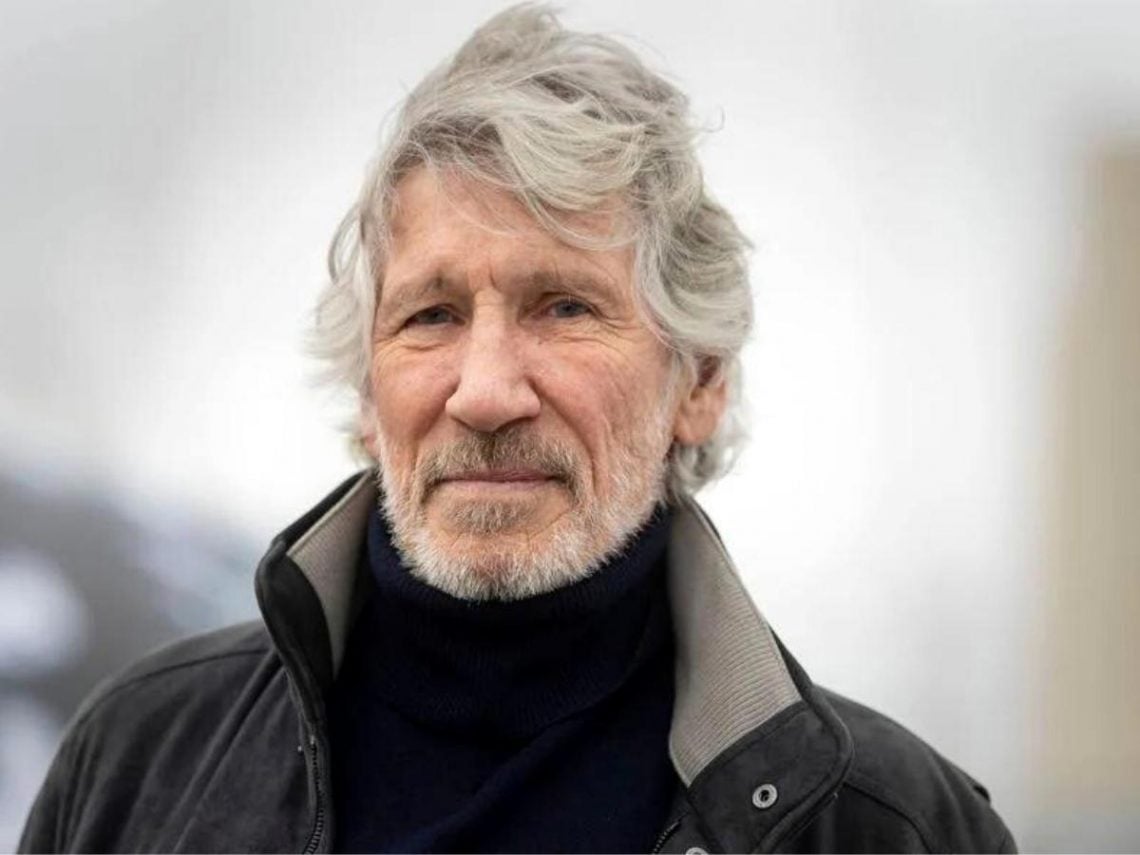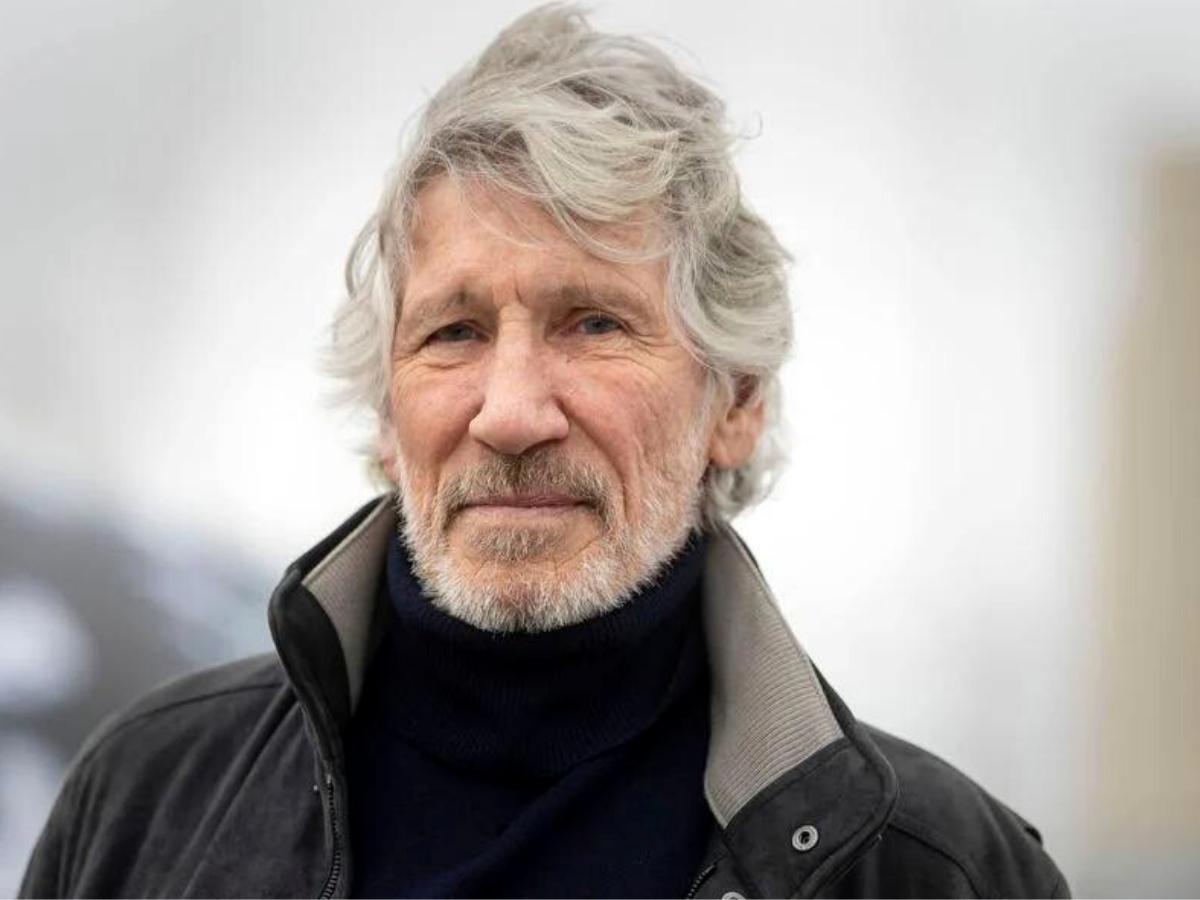
(Credit: Alamy)
Fri 12 September 2025 20:30, UK
No one could claim that Roger Waters didn’t have a firm idea for what he wanted his music to be.
Pink Floyd may have been a bit aimless once Syd Barrett left, but once Waters found his way forward on tracks like ‘Echoes’, he had no problem dictating what he wanted each album to be, even if he ended up stepping on more than a few toes along the way. But rarely has a project worked out so poorly that Waters thought that it should be artistically buried for the rest of time.
That’s not to say that Waters couldn’t be critical about some of the music he worked on. He was more than happy to point out albums like Atom Heart Mother were among the worst things he ever recorded with Floyd, and although The Wall is very much his baby from start to finish, he has a lot less love for the film version of the album, which didn’t necessarily capture the same spirit that he was aiming for.
Then again, a lot of what Waters would consider flaws or detractors from his albums are part of what made Floyd such a cohesive unit. The Wall may be a fully-realised version of his conceptual masterpiece, but without Richard Wright working on it after being fired from the group, it starts to sound like a Waters solo album after a while. And if The Final Cut proved anything, it was that Pink Floyd worked best when they weren’t being told what they were supposed to play by Waters half the time.
By that point, Waters was practically begging to put Floyd to an end so they could venture into a solo career, but even if he was free to do what he wanted, not everything went off without a hitch. The Pros and Cons of Hitchhiking did have a lot going for it with Eric Clapton on guitar, but the loss of David Gilmour’s solos make the whole thing sound somewhat anemic compared to what they did together. But in between getting to the musical majesty of Amused to Death is Radio KAOS, which might as well be a side project by Waters’s standards.
While A Momentary Lapse of Reason got criticised for sounding too indebted to 1980s stereotypes, Waters has that beat by a few miles. His decision to go fully synthetic at least fits his concept of a radio show trying to fight back against oppression, but with only a handful of great tunes on the record, Waters had to admit that he bit off a little more than he could chew when making it.
Waters had a few favourites from the sessions, but overall, he felt that there was no reason for it to stand alongside his other works, saying, “I allowed myself to get pushed down roads that were uncomfortable for me. I should never have made that record, Matt. I love some of the songs-‘Home’ is one of the best things I’ve ever written. ‘The Powers that Be’ is great. And it comes out icky-prissy, because it’s sequenced.”
But looking at where he went on Amused to Death, Waters finally found the middle ground that worked for him. It didn’t hurt that he had a genius like Jeff Beck on guitar for a few songs, but his third record takes all of the storytelling aspects of his debut solo record and the production value of Radio KAOS and turns it into a record that could go toe-to-toe with Floyd’s best records.
Although Waters did leave a lot of the keyboards at home when he dug up the song ‘The Tide is Turning’ when performing it for the 1991 version of The Wall, it doesn’t help that the rest of the album seems eternally timestamped in its decade. All of Pink Floyd’s greatest works have had a timeless quality to them, but this album is so 1980s you can practically see all of the teased hair and neon colours that Waters was being forced to share the spotlight with.
Related Topics

